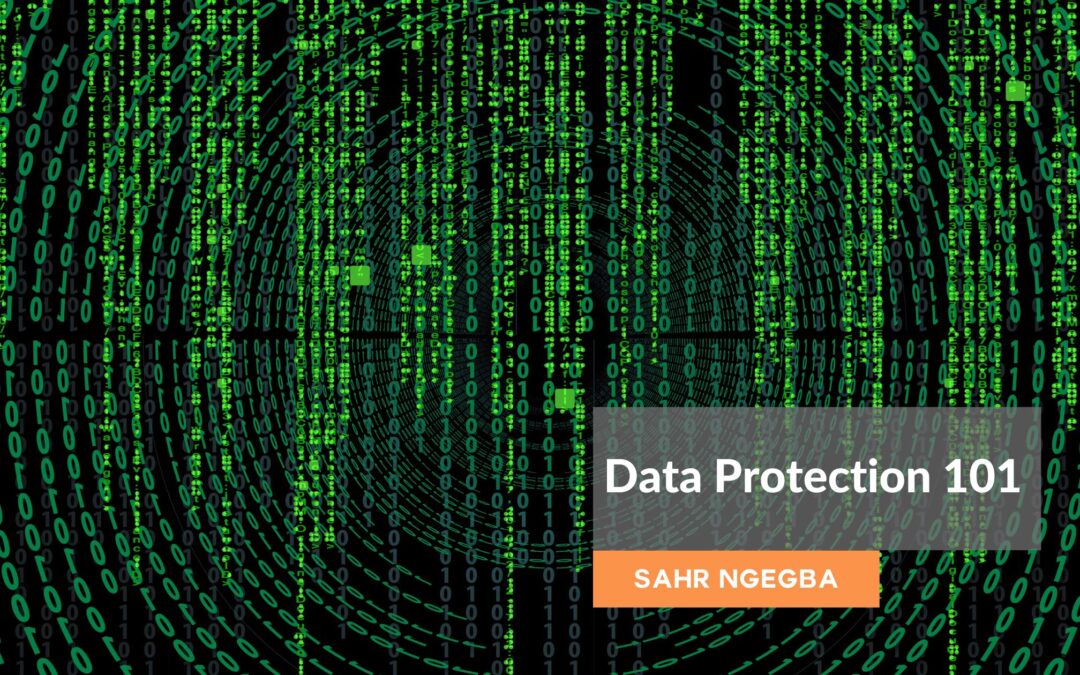Data protection is a critical aspect of modern business and personal life. With the increasing reliance on technology and the growing threat of cyberattacks, understanding the basics of data protection is essential.
Data protection refers to the practices and measures to safeguard sensitive and confidential information. This includes personal data, financial records, intellectual property, and any other data that holds value and needs to be protected.
Importance of Data Protection:
Privacy: Data protection ensures the privacy of individuals by safeguarding their personal information. It helps prevent unauthorized access and use of personal data, reducing the risk of identity theft, fraud, or other malicious activities.
Business Reputation: A data breach or mishandling of sensitive information can severely damage an organization’s reputation. Customers, clients, and partners expect their data to be handled carefully and trust organizations prioritizing data protection.
Intellectual Property Protection: Data protection safeguards intellectual property, trade secrets, and proprietary information. Protecting this valuable data ensures businesses can maintain their competitive edge and prevent unauthorized use or disclosure.
Fundamental Principles of Data Protection:
Data Minimization: Only collect and retain data necessary for legitimate purposes. Avoid collecting excessive or irrelevant information to minimize the risk of data breaches.
Consent and Transparency: Obtain informed consent from individuals before collecting and processing their data. Provide clear and easily understandable privacy notices that outline their data’s purpose, scope, and handling.
Data Security: Implement robust security measures to protect data from unauthorized access, loss, or destruction. This includes encryption, firewalls, access controls, regular software updates, and employee training on data security best practices.
Data Accuracy: Ensure the accuracy and integrity of data by implementing mechanisms to update, rectify, or delete inaccurate or outdated information. Regularly review and maintain data accuracy to ensure its reliability.
Purpose Limitation: Use collected data only for the specific purposes for which it was collected and communicated to the individuals. Avoid using data unrelated to the original intent without obtaining additional consent.
Best Practices for Data Protection:
Regular Data Backups: Regularly back up important data. Maintain offline backups or use cloud storage solutions with robust security measures.
Strong Passwords and Authentication: Enforce strong passwords and use multi-factor authentication.
Employee Training and Awareness: Educate employees on data protection policies, procedures, and best practices. Regularly conduct training sessions to raise awareness about potential risks, social engineering attacks, and safe data handling practices.
Vendor Management: Evaluate and select third-party vendors and service providers based on their data protection practices and compliance with regulations. Implement data protection agreements and conduct regular audits to ensure the security of shared data.
Ongoing Monitoring and Compliance: Monitor systems, networks, and data for potential security breaches or unauthorized activities. Regularly review and update data protection policies and procedures to comply with evolving regulations.
Data protection is crucial for individuals and businesses to safeguard sensitive information, maintain privacy, comply with regulations, and protect their reputations. By understanding the importance of data protection, following key principles, and implementing best practices, individuals and organizations can minimize the risks associated with data breaches and ensure the security of their data.

